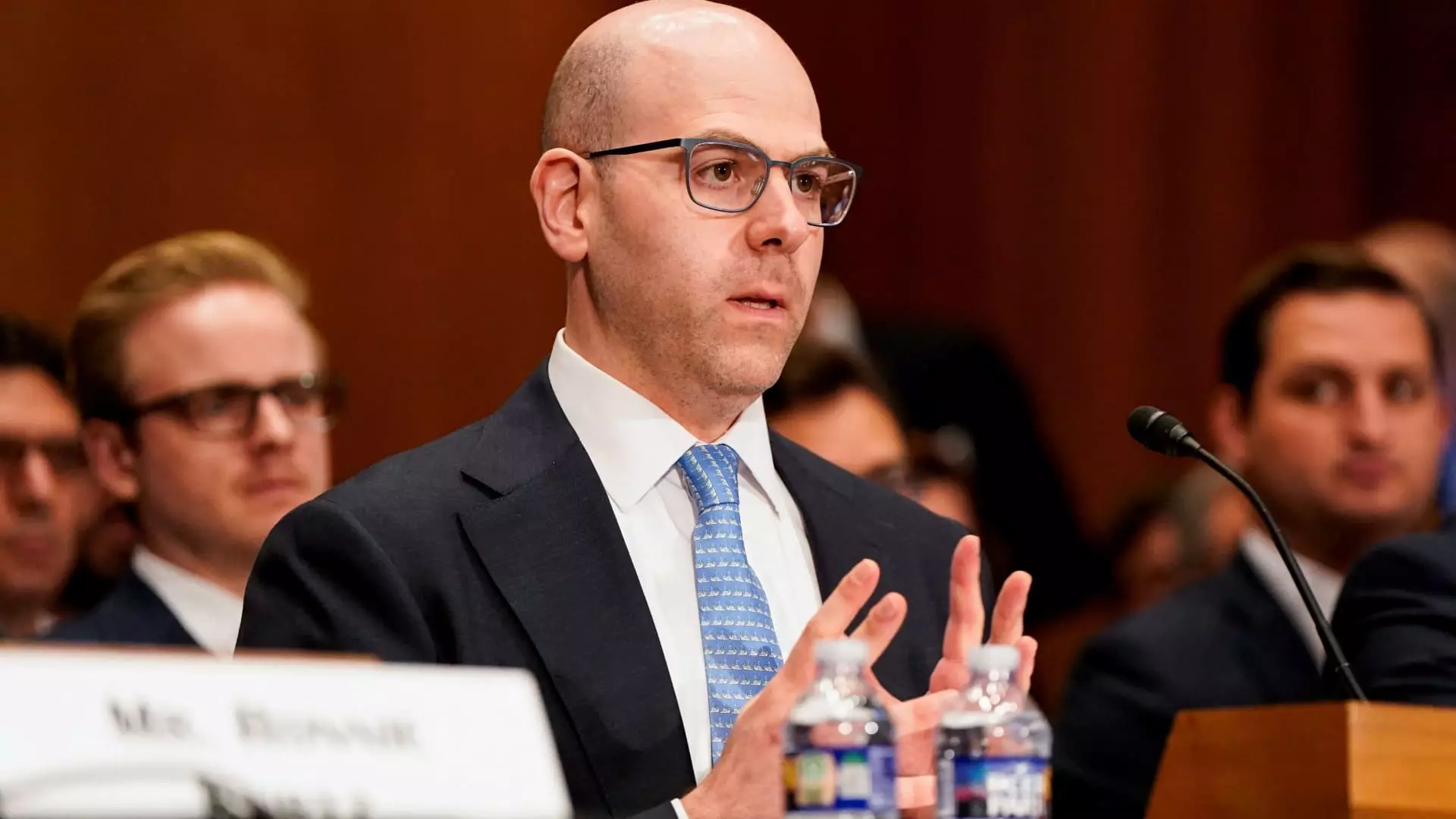The consensus around the Federal Reserve’s independence has long been a pillar of the United States’ economic stability. However, recent events cast serious doubt on this foundational belief. Federal Reserve Governor Stephen Miran’s candid disclosures highlight a troubling narrative: the apparent susceptibility of the Fed to political pressures, especially from President Trump. Miran, who publicly diverged from the majority in his voting pattern and monetary outlook, asserts that he remained unconstrained by presidential influence. Yet, the fact that the President directly called to congratulate him and that the media fixates on his independence suggests a nuanced reality—political actors are increasingly vocal, and perhaps influential, in shaping monetary policy decisions.
This raises an uncomfortable question: how independent can an institution truly be when its members face overt and covert pressure from the highest political office? The Fed’s core mandate—to maintain price stability and full employment—relies heavily on perceived neutrality. When political figures publicly berate, scrutinize, or attempt to sway policy makers, the institution’s credibility is put at risk. Miran’s decision to vote against the prevailing trend, especially amidst a politically charged atmosphere, demonstrates a willingness to assert independence. Still, the larger question remains: are the decision-making processes resilient enough to withstand external influences that threaten the institution’s integrity and, by extension, the broader economy?
The Political Environment and the Fed’s Future Trajectory
Throughout Trump’s presidency, the pressure on the Fed has escalated from quiet persuasion to overt confrontation. The President’s vocal criticism of Chairman Jerome Powell—whom he nicknamed “Too Late”—embodies a broader push to influence monetary policy dynamically. Such an environment fosters a dangerous precedent: central banking decisions, traditionally based on data and economic principles, risk becoming pawns in political games.
It’s important to recognize that a healthy capitalist system depends on resilient, autonomous institutions—not state instruments bending to political whims. By publicly challenging the Fed’s independence, Trump and similar political figures may achieve short-term political gains, but at the potential expense of long-term financial stability. Market participants, both domestic and international, are rightfully concerned about the increasing politicization of monetary policy. If the Federal Reserve loses its independence, investor confidence could waver, leading to volatile markets and misguided economic policies driven by short-term political agendas rather than sound economic principles.
Furthermore, the internal dynamics at the Fed signal an impending power struggle. Miran’s stance—voiced before a key speech at the Economic Club of New York—suggests a desire among some members to reaffirm the institution’s independence. Yet, the episode raises profound doubts: will the political pressures foster division within the Fed, weakening its unity and decisiveness? Such a scenario could have destabilizing effects on the economy, especially if future interest rate decisions are seen as politically motivated rather than economically justified.
The Future of the Fed in a Politicized Climate
A more concerning aspect is the potential replacement of key figures like Governor Lisa Cook, who might face politically motivated scrutiny. This not only undermines individual careers but also diminishes the quality of decision-making—hastening a decline in central bank credibility. Miran’s comments about serving only until his term ends in January 2026 reflect a pragmatic approach, but they also underscore the lack of long-term independence for appointees in an increasingly politicized environment.
The challenge now is whether the Fed can serve as a bulwark against political encroachment or whether it becomes a pawn in presidential strategies. The importance of a credible, autonomous central bank cannot be overstated—markets need to trust that decisions are based on rigorous economic analysis, not political expediency. The subtle yet persistent influence of political figures highlights an urgent need to reinforce institutional independence, or risk losing the very credibility that underpins economic stability.
Miran’s upcoming speech at the Economic Club of New York will be vital. It is an opportunity to articulate the principles of independence clearly and to signal a commitment to resist external pressures. If the Fed fails to do so, the consequences could be profound—diminished credibility, destabilized markets, and increased economic volatility. As the political landscape becomes more contentious, the Fed’s true test will be whether it can remain a neutral authority in a sea of partisan influence.

